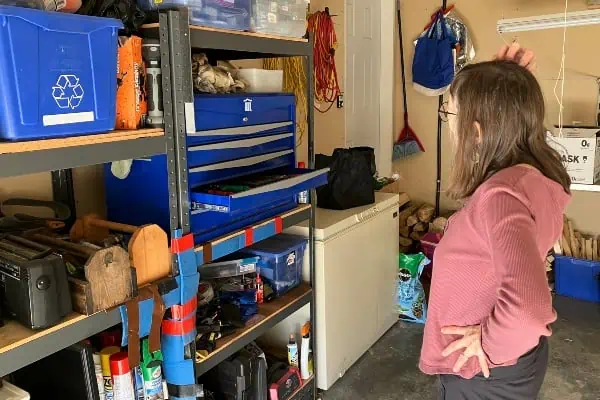
Hearing-impaired spouse: “You’re mumbling. I can’t hear any birds. The music is too loud … can you repeat that again?!”
Non-hearing-impaired spouse: “The TV is so loud I can’t sleep! You’re not paying attention. How come you don’t want to go to movies or plays or concerts anymore?”
Do any of these responses sound familiar? These were the kinds of comments that often occurred between my spouse and I, prior to his hearing assessment and his purchase of hearing aids. It was frustrating for both of us and often led to miscommunication and misunderstanding.
Many Canadians, ages 40 to 79, are unaware that they have hearing loss. If you’re over 65, chances are you have (or know someone who has) hearing loss. According to Statistics Canada, 77 per cent of Canadians aged 60 to 69 have some kind of hearing loss. This increases to 94 per cent for those who are 70 to 79 years old.
According to the Canadian Medical Association and the National Institute on Aging, some signs of hearing loss include the following:
- Difficulty hearing other people clearly or misunderstanding what they say, especially in crowded or noisy surroundings such as restaurants or while talking on the phone
- Difficulty following conversations and needing to ask people to speak up, to slow down or to repeat themselves
- Avoiding social gatherings such as parties or group dinners
- Listening to the TV, radio or music at a volume much higher than what other people need
- Difficulty hearing birds or knowing the direction that sounds are coming from
- Difficulty hearing certain sounds (not just your partner’s voice or children’s voices or higher-pitched voices)
- Difficulty hearing the speaker or a performer at meetings and live performances (even when there is a microphone)
- Thinking that people are mumbling
- Feeling stressed, irritable or fatigued from having to concentrate while listening
If you notice some of these signs, it is important to get your hearing assessed by a hearing-care professional and to talk to your doctor.
It has been found that older adults with hearing loss have a greater risk of developing dementia than those with normal hearing. Their cognitive abilities, such as memory and concentration, decline faster. It has also been found that older people who can’t hear well may become depressed or withdraw from others. They may feel frustrated or embarrassed if they are unable to understand what is being said. Others may think that the person with the hearing problem is intentionally ignoring them, being uncooperative or is confused. This can result in further isolating the person and making them feel lonely.
The following are some tips suggested by the National Institute on Aging, for talking with someone who has hearing loss:
- Face the person and speak clearly, maintaining eye contact. People may lip read to help them to understand better. (I confess that I would ask my husband a question from my office while he was sitting in the living room. He got to the point where he would respond to the question that he heard, which would result in me coming into the living room and asking “What did you say?” He often had a ridiculous response, which made no sense. He trained me to no longer shout questions from another room, opting for face-to-face conversations.)
- Don’t hide your mouth, eat, or chew gum while speaking
- Speak naturally, not too quickly, and slightly louder than normal, but don’t shout
- Repeat yourself, if necessary, rewording if necessary
- Find a quiet place to talk, or try to reduce the background noise, especially in restaurants and social gatherings. (It is difficult to find restaurants that have quiet corners, but we have asked servers to turn down the music or move us to a different table.)
- Find a place with good lighting, so the person can see your face and gestures
- Try to limit to one person speaking at a time
- Avoid multitasking: don’t clatter pots, dishes and cutlery while talking
- You may need to ask the person wearing hearing aids, with a hearing impairment, to talk more loudly, as they may think they are talking loudly enough since their own voice is amplified in their head
Good hearing plays a major role in maintaining your quality of life and overall physical and mental health. It can get tiring for both parties at times. Just remember that, overall, patience is the key. Listen up!




